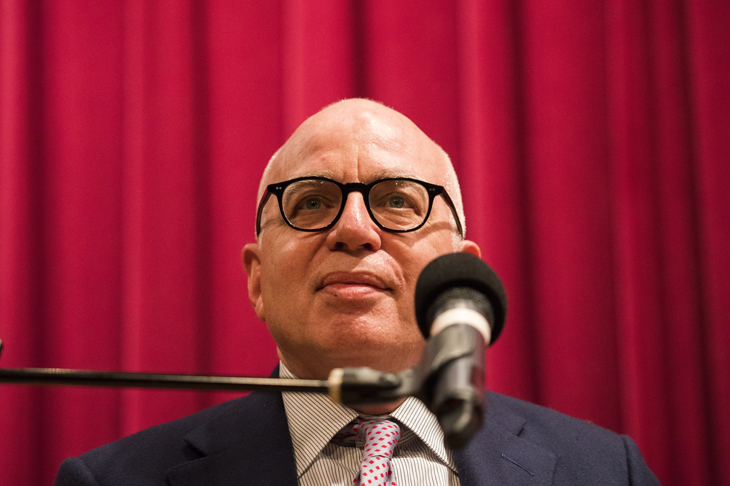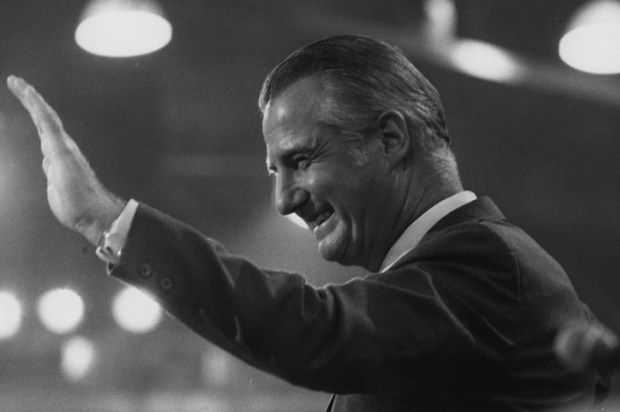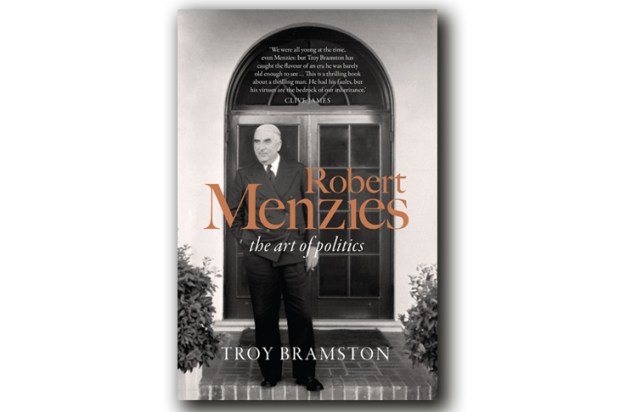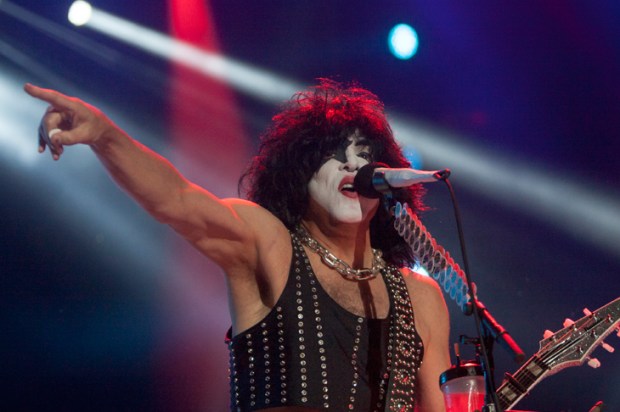When the brilliant American biographer, Robert A. Caro, first approached the task of writing a biography of the 36th President of the United States, Lyndon B. Johnson, he was confronted by a monumental challenge. The librarians at the Johnson Presidential Library in Austin, Texas informed Caro, who had just completed an acclaimed biography of Robert Moses, entitled The Power Broker, that the presidential archives totalled 32 million pages of documents. Over four decades later, Caro is some 400 pages into the fifth and final volume of LBJ’s presidency, as he notes in his new memoir Working.
No such Herculean task appears to have fazed Michael Wolff in his latest book on the presidency of Donald Trump, Siege. This book is particularly disappointing, as Wolff’s first assessment of Trump in the White House, Fire and Fury, was not only engaging but entertaining in the manner in which it explored the dysfunctional nature of the 45th president’s administration.
Wolff seemed to get inside the White House whale just as he internalised News Corporation for an insightful biography of Rupert Murdoch: The Man Who Owns the News: Inside the Secret World of Rupert Murdoch. Unfortunately, little insight into the Trump Presidency is offered in Siege. What there is may best be described as gossip. And much of the gossip appears to originate in the orbit of the éminence-grise, Steve Bannon. Bannon, formally of Breitbart News and the Trump White House seems often to be the final word offered by Wolff. All too frequently, American political dramas are the subject of Bannon’s conclusions and his projections about the future. This is far too narrow a basis upon which to draw lessons on the fabric of contemporary American political culture.
Washington is a city where people in power are invariably determined to have their views recorded and acknowledged, whether off the record or not. Jarvanka (Jarrod Kushner and Ivanka Trump) have absorbed this lesson. Perhaps Fire and Fury caused Michael Wolff’s original sources to be badly scorched. Regardless, much of Siege is built on shaky foundations.
A compelling example of this is to be found in words attributed directly to Donald Trump about the agonising nominating process for Justice Brett Kavanaugh for the US Supreme Court. Under pressure, Kavanaugh appears in a soft interview for Fox News:
During this treacly sit-down on September 24, a defeated and self-pitying Kavanaugh said he was a virgin in high school and for a long time thereafter. Trump could barely believe it. ‘Stop! Who would say that? My virgin justice. This man has no pride! Man? Did I say man? I don’t think so.’
Unless Richard Nixon’s ancient taping system is still working in the Oval Office, how on earth can Michael Wolff attribute these words with such precision to Trump? Often, Wolff appears to rely upon anonymous presidential ‘friends’ who supposedly talk to Trump after hours. Possibly.
But no reasonable person would indict Trump based on such unreliable foundations.
Not that there isn’t a great deal that has happened during Donald Trump’s presidency that critics maintain is deserving of condemnation, beginning with the dismissal of American allies; comforting America’s dictatorial adversaries and arriving at a controversial and contested phone call with the President of Ukraine.
What is also apparent are the ongoing tensions within the Trump White House, reflected in the extraordinary churn in White House personnel, including Chiefs of Staff Reince Priebus and John Kelly through to National Security Advisor John Bolton and Defense Secretary James Mattis. But the tensions supposedly extend beyond officialdom to the families of principals. Even Vice President Mike Pence’s wife Karen, a significant player in the vice president’s office, does not escape presidential irritation:
Early in the administration, an article in Rolling Stone had quoted Pence referring to his wife as ‘Mother’. The moniker stuck. Since then, Mrs Pence has been known throughout the West Wing as Mother, and not with affection. She was seen as the power behind the vice presidential throne – the canny, indefatigable, iron-willed strategist who propped up her hapless husband. ‘She really gives me the creeps,’ said Trump, who avoided Mrs. Pence.
Such vignettes undoubtedly add warped humour, but tell us nothing about presidential imperatives. Wolff consistently argues that Trump is motivated overwhelmingly by self-glorification and gratification. This may well be but it does not explain Trump’s fervent nationalism, displayed most evidently in the slogan ‘America First’ and which has driven him since the 1980s when he criticised the Reagan administration over Japanese levels of economic dominance. China replaced Japan in Trump’s thinking some time ago, but the roots of the current trade war with Beijing are to be found in Trump’s determination to see American economic statistics always on the positive side of the ledger.
The key question about the Trump presidency has far less to do with Donald Trump than with the forces which elected him. The assumed ‘blue wall’ of states in the mid-west and upper mid-west – Pennsylvania, Ohio, Michigan and Wisconsin – saw the Democratic vote crumble in November 2016. J. D. Vance in Hillbilly Elegy outlines clearly the thinking of small communities in such states, witnessing their living standards erode as mines and mills shut and opioids fill the vacuum. Many voters in these regions, seeing themselves as neglected by Washington elites on both sides of the aisle, voted for Trump as the ultimate disruptor. This interests Wolff less than Beltway tattle.
Donald Trump may not prove to be as significant personally as his impact on American political culture will prove to be. Has Trump already changed American expectations of the presidency? Almost certainly. Has he captured the Republican party on Capitol Hill? The performance on impeachment of Senator Mitch McConnell as Majority Leader and the loyalty of Republican senators for the President answer in the affirmative.
The pivotal question in American politics is who follows Trump in 2024? Hopefully it will be a Republican mainstream candidate like Ambassador Nikki Haley. But the raw-edged forces into which Trump has tapped are not going to disappear.
The evergreen Bob Woodward brought his searching eye to the Trump administration in the well-received Fear. His blistering evaluation is likely to survive the unforgiving test of time. Siege, which is a book you hope is utterly untrue, is less likely to endure.
Got something to add? Join the discussion and comment below.
Get 10 issues for just $10
Subscribe to The Spectator Australia today for the next 10 magazine issues, plus full online access, for just $10.
You might disagree with half of it, but you’ll enjoy reading all of it. Try your first month for free, then just $2 a week for the remainder of your first year.














Comments
Don't miss out
Join the conversation with other Spectator Australia readers. Subscribe to leave a comment.
SUBSCRIBEAlready a subscriber? Log in